Last Updated on August 2, 2021

PLOT: The true story of Dr. Martin Luther King (David Oyelowo) and his involvement in the landmark civil rights march from Selma to Montgomery.
REVIEWS: Some movies can’t help but be timely and man, is SELMA ever timely. Watching SELMA, it’s tempting to look back in disgust at the terrible injustices that African-Americans in the South had to deal with just fifty years ago and say, “well, at least things are different now.” Indeed they are, but the world of 2014 is still far from perfect, and things that were relevant in 1965 are still relevant today. SELMA shines a light on an era and an event that should always be kept in mind whenever we try to tell people what they can and can’t do.

For years, Hollywood has been trying to launch a Martin Luther King project that would do the man justice. In the end, it took Ava DuVernay, whose well-regarded but under-seen indie MIDDLE OF NOWHERE marked her as a director to watch, to make the definitive King movie. Not having access to his copyrighted speeches, DuVernay’s film (written by Paul Webb) is unique in that it’s less a King biopic than a tight, focused examination of one important episode in his life. In that way, it probably has more in common with something like BLOODY SUNDAY than your typical biopic, and it’s a brilliant, cinematic approach.
As Dr. King, David Oyelowo is revelatory, pulling off a performance that seems true to the man without being a caricature or overly reverent. DuVernay’s film acknowledges that King was a man, with faults like any other, but in a way that makes him even more affecting. Oyelowo doesn’t look especially like King, but he captures the soul of the man. However, he’s only a piece of the puzzle, with this being a true ensemble film with at least a dozen good roles, from Carmen Ejogo as King’s wife Coretta, to pros like Wendell Pierce, Andre Holland and Martin Sheen as the allies King encountered along the way.

The film does a great job portraying just how much the people in the march were risking their lives by participating, with the southern resistance ranging from ignorant yokels to devious politicians, and more than a few sadists, who were so keen to inflict harm there are scenes of people riding horses and brandishing whips, like full-on slave masters. It’s puzzling to think of where this hate comes from, but even still, SELMA tries to keep an even hand. Tim Roth could have easily played George Wallace as demonic, but he tries to humanize him as much as he can, which is not easy when you’re playing one of history’s great bastards. Tom Wilkinson is very effective as Lyndon Johnson, who’s not above playing the good ol’boy card with Wallace, but also sympathizes with King, even if he’s reluctant to stir up trouble and makes a few horrible decisions along the way.
But the best thing about SELMA is that it’s not a movie about blame or hate. Rather, it’s hopeful in that it shows how people can come together and change things for the better, a message that should always be kept in mind when things get out of hand as they often do. SELMA is easily one of the most important films of the year, and something everyone should see.








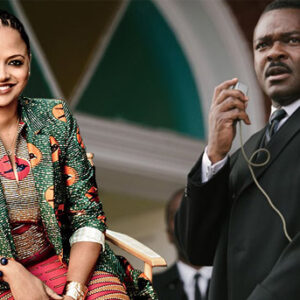



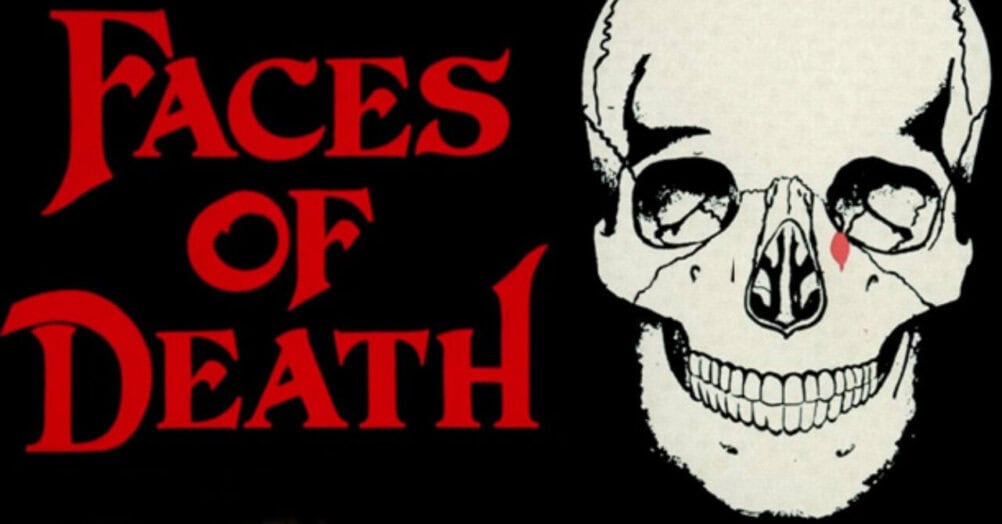
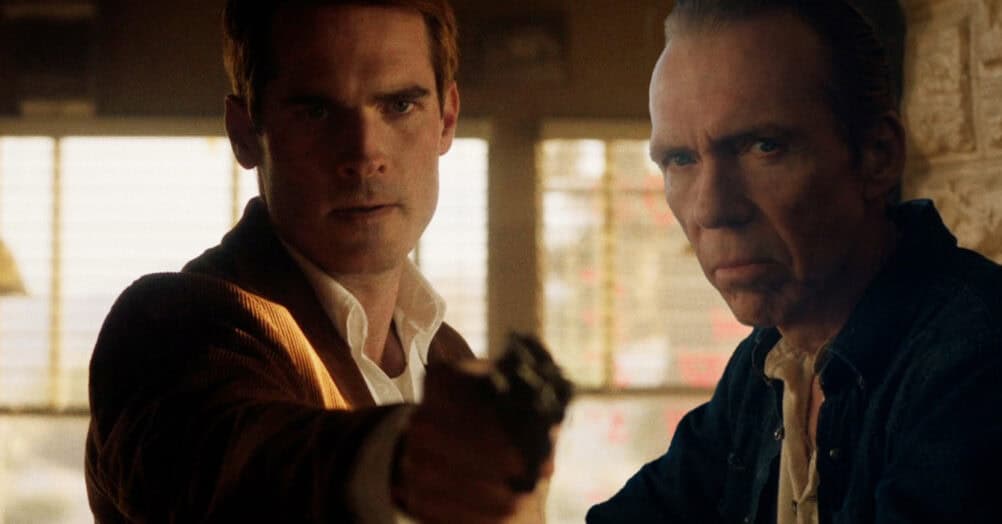
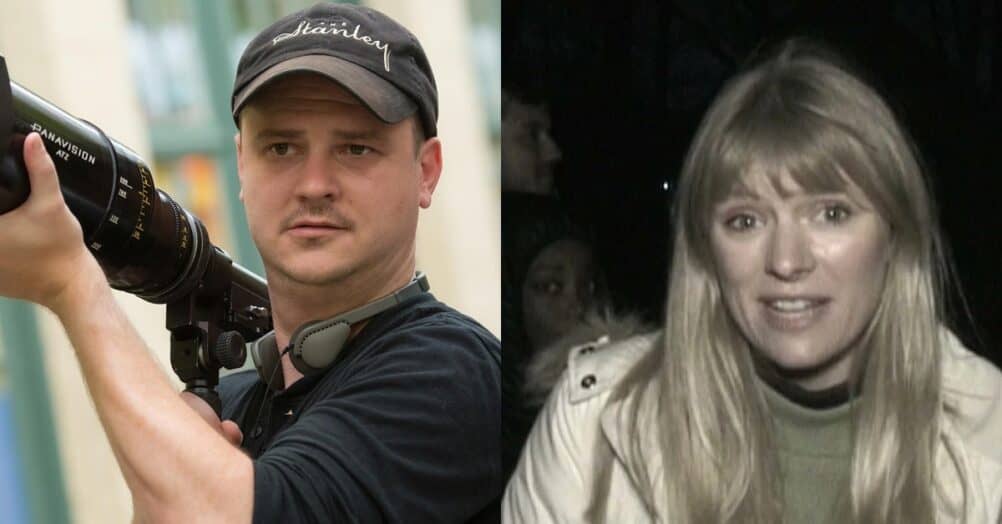


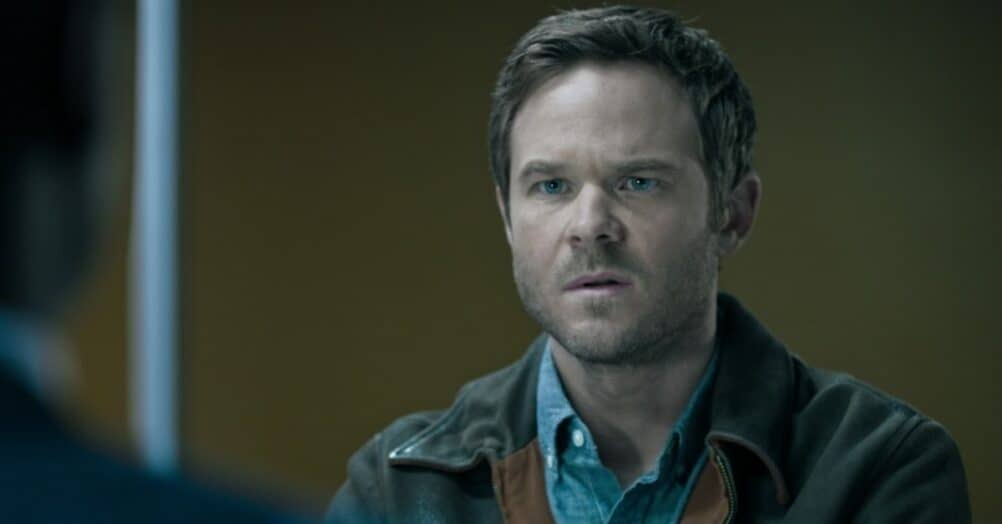


Follow the JOBLO MOVIE NETWORK
Follow us on YOUTUBE
Follow ARROW IN THE HEAD
Follow AITH on YOUTUBE